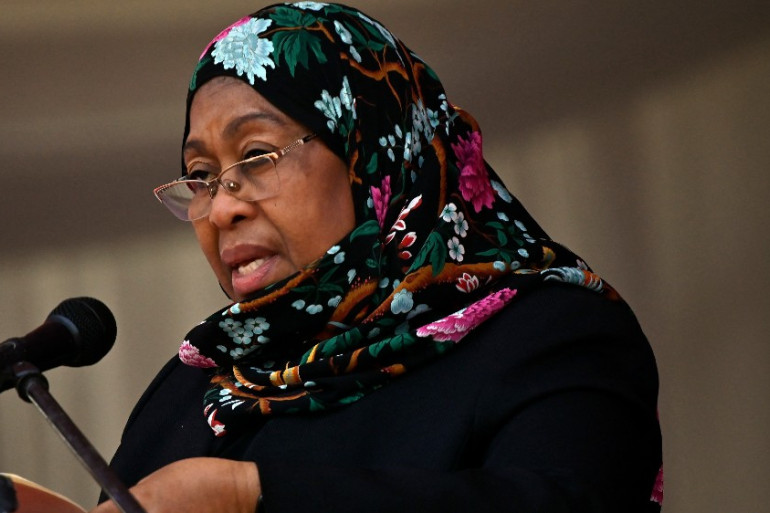By Alkali Amana
As important as agriculture is to humanity, so is digital technology, and a blend of both for Africa should be among the serious of all considerations on the continent. The argument for the importance of digital technology in Africa’s agriculture is revealed clearly in the words of Sir Gordon Conway, the renowned Professor of International Development at Imperial College London and Director of Agriculture for Impact, when he said that ‘Sub-Saharan Africa’s agricultural transformation will be shaped by sustainable intensification, adaptation to climate change, and the rise of digital technology.
There is no question that agriculture is critical to Africa’s sustenance and its biggest development goals as it is fundamental for poverty reduction, economic growth, and environmental sustainability. According to Simeon Ehui, the World Bank’s Regional Director for Sustainable Development for Africa, the continent’s food market continues to grow with an expected estimation that it will triple to US$1 trillion from a current running value of US$300 billion. Generally, farming accounts for 60% of total employment in Sub-Saharan Africa, with the food system jobs accounting for even more. At the moment, however, for Africa, it is no debate that agricultural productivity lags seriously. Statistics show that one in four people in Sub-Saharan Africa are chronically undernourished and the continent’s food system is further strained by rapid population growth and the effects of climate change. With concerns on the latter, food security challenge is expected to grow on the continent as crops and livestock production will be threatened simultaneously, and if no adaptation occurs, a clear instance of an effect will be a decline in the production of maize, which is one of Africa’s staple crops, by up to 40% by 2050.
Adopting digital technology, with the implementation of devices to provide accurate data on climate or smartphones to help with relevant services or sensors to read and analyze soil data, etc., can help to transform agriculture in Africa and improve productivity. It is critical then to look into how this is possible in 3 ways.
1. Expanding Farmers Access to Capital and Resources:
Digital technology can help bridge the gap between availability and nonavailability when it comes to procuring resources and capital for farmers in Africa, especially smallholder farmers. Finding innovative ways of providing services to boost engagement for farmers will, without doubt, improve productivity for them as they apply improved methods to their activities. This alone presents business opportunities for the investor looking to gain a foothold in the African space. Startups like 2KUZE, operating in East Africa between Kenya, Uganda, and Tanzania have a viable business that connects farmers, agents, buyers, and banks. Through its mobile platform, 2KUZE provides ease for smallholder farmers as they can connect directly with buyers and agents to secure the best price for their goods, and receive payments securely via their phones, without having to walk for hours to markets. Farmdrive, a Kenyan enterprise, connects unbanked and underserved smallholder farmers to credit while helping financial institutions to effectively increase their agricultural loan portfolios with less cost attached.
It is no secret also that tractors can now be rented using one click on a mobile phone application courtesy of service providers like Hello Tractor. With an increase in the provision of such essential services and more that can be integrated into agriculture, it is much likely that an improvement in Africa’s productivity rate will be seen.
2. Integrate Agricultural SMEs into the Value Chain of Large Supply:
The application of digital technology can provide large scaling opportunities for small and medium agricultural enterprises given the rise in activities in e-commerce and digital transactions. It is easy today for businesses to go digital, even using mobile devices like smartphones, through applications that may require little or no subscription. Some platforms may require commission from sales, and that is it.
Digital technology has opened up limitless possibilities when it comes to marketing and incorporating modern-day strategies into supplying customers or consumers with relevant products. Keen investors can set up platforms to help remote farmers in Africa access a continent-wide and global audience. Instances of such platforms include Agrolinka and Agribros, both virtual market places helping to sell market products, connecting buyers and sellers.
3. Enable Proper Recording and Management of Activities:
With digital technology, proper records and documentation can be kept of farm and agricultural activities which will help to provide indices or information that will improve management. Devices today, especially smartphones, can help record information with as much precision as the data being fed into them. These records can follow the development of products from creation until disposition or sale.
An instance here is the Mobile service Sokopepe which uses SMS and web tools to offer market information and farm record management services to farmers. With an organized database and clear listing of information such as customer profile, catalog of products, and information on certain variables, there is little to be concerned about any difficulty in easily accessing necessary information. The provision of cloud services these days has made it possible to have a strong backup option for any information in the event of the loss of any important device.
The business opportunities in providing services relating to digital technology in the African agricultural terrain are promising, and the need for such is also evident. It represents an ultimate investment that will benefit the value chain from bottom to top handsomely. Digital technology is not restricted. Governments, private investors, and organizations can key into its application and experience firsthand how transforming it is as a business tool to help improve agricultural productivity in Africa. Added benefits include the presence of employment and the ability to perform cross-border transactions, in some cases without limitations. Digital technology must be embraced by Africa and strategies must be put in place to adopt its use as the future of agriculture.


